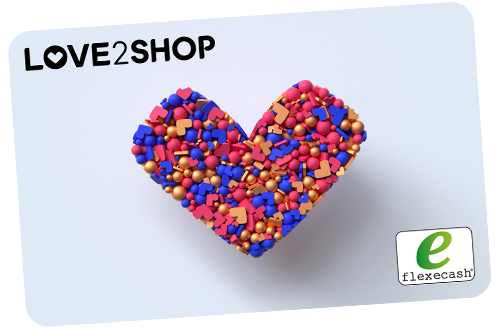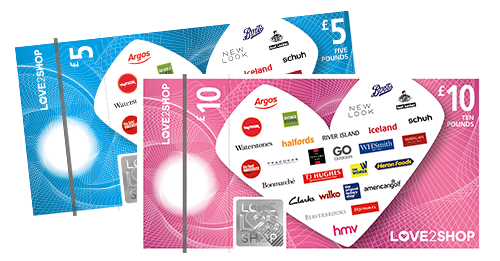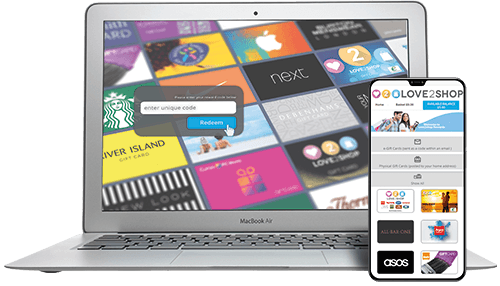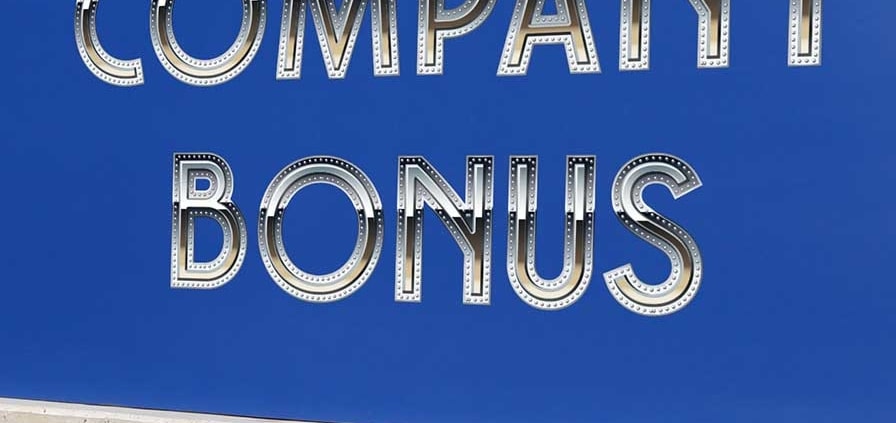Is a bonus better than a Christmas party?
Christmas is the time of year when everyone looks to let their hair down – and everyone loves a works Christmas party… right?
Well, to a point. While many people in work get excited about the works Christmas ‘do’, others contemplate it with a quiet dread. There are even some who simply aren’t bothered.
And research supports that. A 2022 study by global workforce consultancy Resource Solutions found that in the UK only 37% of workers expect a Christmas party from their employer and of those who don’t, 42% would prefer a gift or bonus.
Reasons for not wanting a Christmas party included: not celebrating Christmas (11%), not wanting to socialise with colleagues (34%), or preferring to arrange something with close colleagues (30%).
Do people really not like Christmas parties?
Until the pandemic there had been an acceptance that extroverts ran the workplace – the go-getters, the self-starters, the risk-takers and the networkers.
While those attributes are still admired, remote working allowed individuals who are motivated differently to shine, highlighting the valuable contribution quieter workers can make.
As writer Jade McAndrew-Barlow put it: “Now, the calm consideration of introverts is having a moment. They are finally valued for all the wonderful things they contribute to the workplace.
“In all the rush and tumble, introverts take time to deliberate, assess and consider the little details and how they will inform the bigger picture. They bring a calming and reassuring presence.”
It’s estimated that between 25% and 40% of people are, to some degree, introverts. In other words, people who prefer a quieter life, both at work and in their spare time. For them, Christmas parties may be something to be endured rather than enjoyed.
In addition to that, the rich diversity of the UK workforce means that for a significant number of people, Christmas is simply not a relevant holiday. Different faiths have different key gifting and feasting moments to celebrate friendship and togetherness that mean more than Christmas.
Festive stress
The work Christmas party is an event that can cause even the more extroverted among us to take a deep breath.
With its excess of food and drink, sometimes loud, lewd and inappropriate behaviour that keep HR teams busy through January, the festive do is an obstacle course where the prize is often a sore head and some stories that will be heavily edited and recounted for 12 months until everyone is fed up hearing them.
Add to that the expense of buying a new outfit, hairdo, paying for taxis (and maybe even hotels) and suddenly, even if the employer is footing the bill for the party, the event can end up hitting workers in the pocket.
With the cost of living stubbornly rising, is it time to rethink the Christmas Party?
Say thanks – and mean it
So if we ditch the Christmas party how to we reward employees for their hard work this past year?
The challenges posed by the rising cost of living – high food and fuel prices and rising mortgage and energy costs – are getting worse. What your staff may really appreciate this time of year is a little bit of help with the cost of Christmas.
Love2shop’s Employee Value Report 2023 may hold the answer. The report surveys workers across the UK to find out how they feel about their employer and the impact of reward and recognition strategies.
One key finding in this year’s report was that 6-in-10 workers said receiving spontaneous gifts at key times of year, such as Christmas, from their employer made them feel valued.
In addition, 57% felt that days off, multi-retailer gift cards or flexible working were the best ways to reward staff.
And a huge 90% of workers said they felt more valued by their employer after receiving a multi-retailer gift card – such as Love2shop.
What’s interesting about that is, when asked what they would spend such a gift card on, 34% said it would help towards their weekly shop.
The increased cost of living effectively means that giving a gift card can help your employees with their day-to-day shopping – possibly freeing up additional money for them to spend on their families at Christmas.
What’s more, 57% of respondents also reported that their productivity increases when they feel valued.
So with people facing a challenging Christmas this year, instead of giving them an extra cost to worry about, why not make things a little easier for them with a Christmas gift?
Don’t be a Grinch
Rethinking the Christmas party isn’t an excuse to simply do away with any sort of festive cheer.
An astonishing 32.5% of UK employers were offered neither a bonus nor a party in 2022, according to research published by Employee Benefits Magazine.
And the Love2shop Employee Value Report 2023 found that 39% of people felt their employer was not generous at all. Indeed, when asked how does your employee show their generosity, as well as spontaneous gifting and organised team events there were also examples like: ‘providing biscuits’ and ‘giving shout-outs on conference calls’.
Employees who feel recognised and valued are happier, more productive and less likely to leave your business.
And gifting is easy thanks to HMRC’s Trivial Benefits provisions. This allows gift cards or e-codes up to the value of £50 to be given as gifts tax-free, with no national insurance contribution or paperwork – so there’s no excuse.
Let us help make Christmas special
Love2shop is one of the best known gifting brands in the UK. Available as a gift card, e-gift card or voucher, Love2shop is accepted by around 150 retailers.
These include well-known brands such as Marks & Spencer, Iceland, Matalan, Argos, Costa, Harvester and many more. Staff can even use Love2shop holidays to put vouchers towards a getaway with more than 150 leading tour operators.
The Love2shop Business team is here to help you get your Christmas gifting right. Love2shop offers a selection of fun festive card designs to choose from. You can even order personalised cards with your business branding on them, although you need to be quick as the deadline to order those is October 20.
Christmas parties can be a great part of the festive mix but if you really want your teams to feel valued and rewarded in an inclusive way this year, it’s worth considering a new approach.
Get in touch with our team today or visit business.love2shop.co.uk to find out how we can help.



 In the office, intrinsic reward is the feel-good sensation your staff take from their work. Feeling proud of achievements.
In the office, intrinsic reward is the feel-good sensation your staff take from their work. Feeling proud of achievements. Operant conditioning is a fancy way of saying “getting people to do what you want.”
Operant conditioning is a fancy way of saying “getting people to do what you want.” Rewards are an extremely common tool for incentives and motivation. Excellence requires acknowledgement and celebration. As we pointed out, rewards are a very effective tool for marking and creating high performance.
Rewards are an extremely common tool for incentives and motivation. Excellence requires acknowledgement and celebration. As we pointed out, rewards are a very effective tool for marking and creating high performance. As we pointed out earlier, rewards work as behaviour modifiers. As such, rewards need deploying when you have a chance to create a better work culture.
As we pointed out earlier, rewards work as behaviour modifiers. As such, rewards need deploying when you have a chance to create a better work culture. If you’re ever unsure if an employee should be rewarded, run a mental checklist. Ask yourself if the situation is:
If you’re ever unsure if an employee should be rewarded, run a mental checklist. Ask yourself if the situation is: are versatile and exciting. Our gift cards come with more than 95 in-store retailers, and e-gift cards.
are versatile and exciting. Our gift cards come with more than 95 in-store retailers, and e-gift cards. are simple, tactile and immediate. We still see a place for the voucher in the reward marketplace.
are simple, tactile and immediate. We still see a place for the voucher in the reward marketplace. (or e-codes) make it simple to ping rewards about teams that aren’t always in the same.
(or e-codes) make it simple to ping rewards about teams that aren’t always in the same. We’ve watched the demand for experience grow massively over the last two years. It’s a sign of changing times, as more of the younger generation enters the workforce.
We’ve watched the demand for experience grow massively over the last two years. It’s a sign of changing times, as more of the younger generation enters the workforce. Your company doesn’t have to just pick a reward and stick with it. Love2shop’ teams are a great example of using a blend of rewards.
Your company doesn’t have to just pick a reward and stick with it. Love2shop’ teams are a great example of using a blend of rewards. For them, a reward essentially has to be digital. We can send digital rewards quite easily with a digital reward code.
For them, a reward essentially has to be digital. We can send digital rewards quite easily with a digital reward code.

